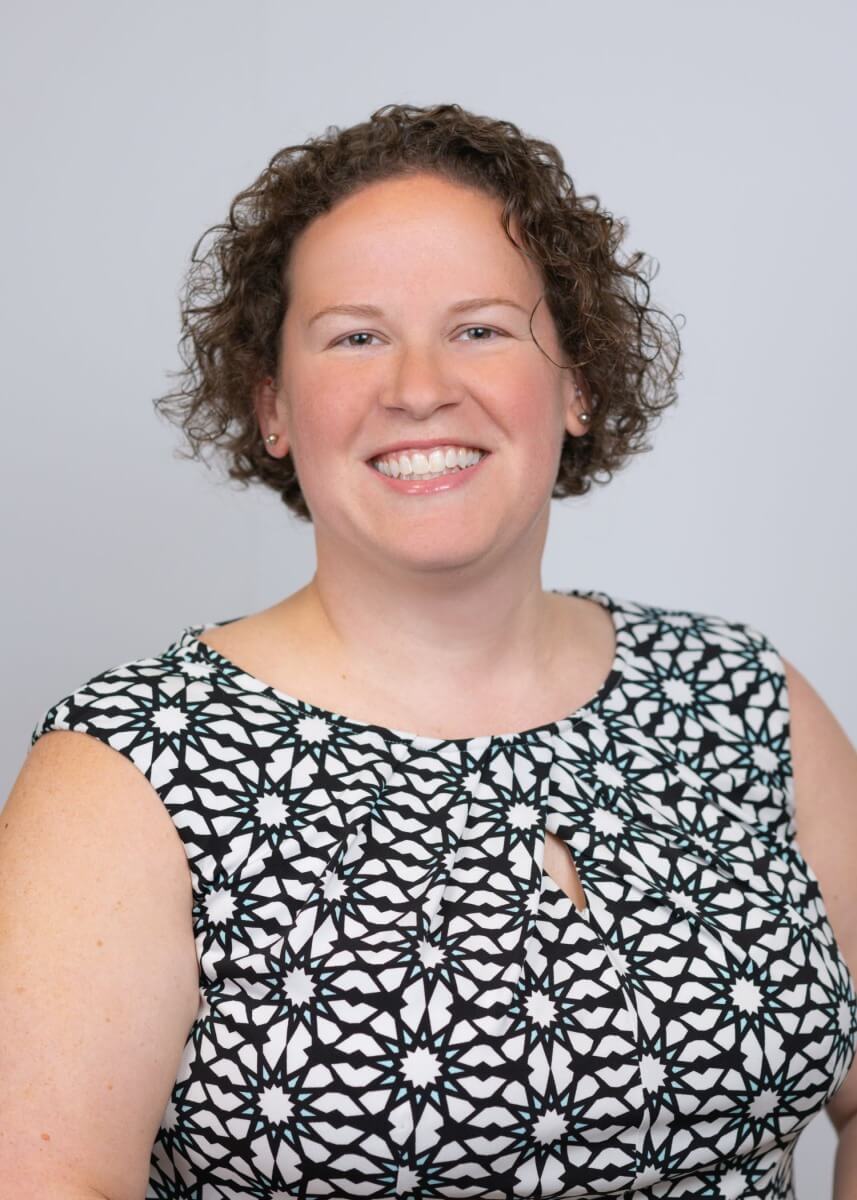The Importance of Women in Healthcare Advocacy
 In the healthcare industry, decision-making has long been dominated by a predominantly male presence, but this is rapidly changing. Women, who make up a significant portion of the healthcare workforce—as administrators, providers, and patients—are crucial to shaping policies that affect everyone. Women must have a seat at the table in policy discussions and community decisions—not only for the sake of equity but also for the improvement of healthcare systems as a whole.
In the healthcare industry, decision-making has long been dominated by a predominantly male presence, but this is rapidly changing. Women, who make up a significant portion of the healthcare workforce—as administrators, providers, and patients—are crucial to shaping policies that affect everyone. Women must have a seat at the table in policy discussions and community decisions—not only for the sake of equity but also for the improvement of healthcare systems as a whole.
Healthcare Affects Women in Unique Ways
Women face distinct health challenges, from reproductive health needs to gender-specific diseases, which are often underrepresented in medical research and healthcare discussions. Moreover, women are often the primary caregivers for children, elderly parents, and others in their families, which influences their healthcare needs and priorities. According to an article in PubMed, “Women in the United States make approximately 80% of the health care decisions for their families” (Matoff-Stepp, et al.). Given these unique perspectives, women's voices in healthcare advocacy are indispensable. Without their input, policies may fail to address the full spectrum of healthcare needs that affect families, communities, and entire populations. Historically, the field of orthopaedics has suffered from a lack of female representation, but the AAOE Advocacy Council offers a platform to amplify women's voices.
The Power of Representation
Women's representation in healthcare policymaking helps ensure that diverse perspectives are included when shaping solutions. When women are at the table, decisions are more likely to reflect the realities of various communities and their specific health needs. Moreover, studies have shown that diverse groups are more likely to make innovative decisions and take a more holistic approach to problem-solving. In healthcare, this inclusive approach can result in more effective care, improved patient outcomes, and greater satisfaction among those seeking healthcare services.
Advocating for Change in Policy
Women healthcare advocates are increasingly influencing health policy at local, national, and international levels. From improving maternal healthcare to advocating for access to mental health services, women are leading the charge for change. By participating in these important discussions, women can advocate for policies that address health disparities, ensure equal access to services, and protect women's health rights. Research has also shown that women often outperform their male counterparts in the healthcare industry. “A 2021 study by McKinsey & Company and Leanin.org found that within 423 companies across the U.S. and Canada, women were better than men at:
- Providing emotional support to employees: 19% of men compared with 31% of women
- Considering the well-being of employees: 54% of men compared with 61% of women
- Helping employees navigate work-life challenges: 24% of men compared with 29% of women
- Intervening to prevent or deal with employee burnout: 16% of men compared with 21% of women
- Leading and supporting diversity, equity and inclusion efforts: 7% of men compared with 11% of women” (Women in healthcare Leadership).
These findings highlight the critical role that women play in fostering a more supportive and inclusive healthcare environment.
The Call for Action
To effectively promote health equity and improve our healthcare system, it is essential for women's voices to be heard and to have an impact. The AAOE's Advocacy Council offers a platform for women to engage in policy discussions and community decision-making related to healthcare. This ensures that the choices we make reflect a wide range of experiences and needs.
Healthcare is a necessity, and women—who serve as caregivers, patients, advocates, and leaders—must be integral to the conversations that shape the future of healthcare. It's not just about fairness; it's about making sure healthcare systems are effective, responsive, and equitable for everyone.
Get involved - as a woman, your voice is needed on the Advocacy Council. Be part of something greater - join the Women in Practice Management Forum in Philadelphia this November to continue the conversation with other strong female leaders.
SOURCES
Sabrina Matoff-Stepp, Bethany Applebaum, Jennifer Pooler, Erin Kavanagh PubMed
Women in Health Care Leadership: Past, Present and Future. November 17, 2023
